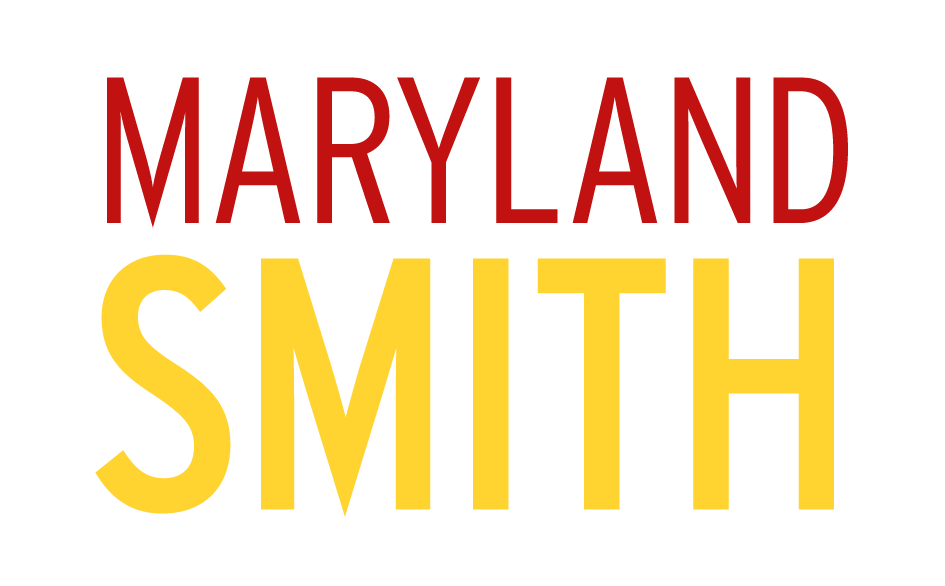Newswise — Elon Musk’s move to abandon his $44 billion offer to buy Twitter has the company intent on forcing the deal through. Musk says the traffic of bots on the platform is prompting his decision in addition to his subsequent dispute with Twitter over how much data the social network should share toward answering his inquiries about these non-human accounts.
However, “Musk is demonstrating ‘buyer's remorse’ as a result of agreeing to pay too high a price that immediately preceded a sharp decline in the overall equity market in general, and an even more drastic plunge in technology stocks” says Maryland Smith’s David Kass, a stock market expert who has held senior economist positions with the federal government.
An epic court battle is anticipated to determine whether Musk must follow through with the agreed upon purchase or be allowed to back out – with a possible penalty of 10 figures.
“In court, Musk's argument relating to the percentage of "bots" on Twitter is extremely tenuous and unlikely to result in his $44 billion deal being voided,” says Kass, a clinical professor of finance in the University of Maryland’s Robert H. Smith School of Business. “The much more likely outcome would be for the court to uphold his purchase agreement with Twitter.”
But there’s a third outcome, which also is very likely, he adds. “The deal is renegotiated to a lower price from $54.20 per Twitter share to possibly $44.20 -- or $36 billion -- for example.”
The court proceedings could last for many months, “and the longer this issue remains unresolved, the greater the uncertainty that Twitter would face, both in terms of its own financial performance as well as that of its stock price,” Kass says. “Since a substantial percentage of Musk's shares in Tesla may have to be sold if the deal is consummated, Tesla stock is likely to move inversely to the outlook for the Twitter acquisition, ceteris paribus (all other things being unchanged or constant).”
Another possible outcome, Kass says, is that of a ‘"white knight’ emerging who offers to buy the company at a price that is acceptable to Twitter's Board of Directors and shareholders. This could be another corporation, or a large individual investor, or private equity.”
But the most likely outcomes, Kass concludes, “are either Musk and Twitter negotiate a lower price, or the court rules that Musk must pay $44 billion.”
Kass has served as an economist in senior positions with the Federal Trade Commission, General Accounting Office, Department of Defense, and the Bureau of Economic Analysis. He also is active on Twitter (@DrDavidKass) and blogs about Warren Buffett, Berkshire Hathaway and the stock market.
